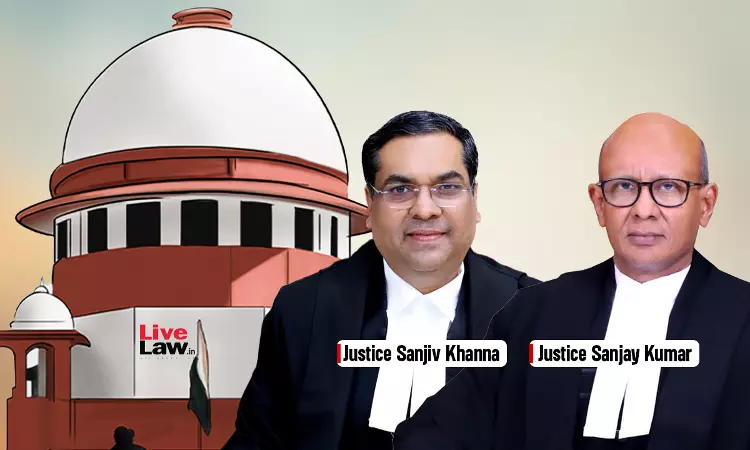Supreme Court Sets Aside Awards Of Over Rs 46 Lakhs Passed Against UP Govt In Sham Arbitration Proceedings
Anmol Kaur Bawa
9 Jan 2025 9:32 PM IST

Next Story
9 Jan 2025 9:32 PM IST
The Supreme Court on Thursday (January 9) set aside two ex-parte arbitration awards on grounds of fraud played by the litigant who appointed sole arbitrators and conducted 'sham' arbitration proceedings in a service dispute against U.P. Government and Government Hospital where he was employed. The bench of CJI Sanjiv Khanna and Justice Sanjay Kumar was hearing an appeal by the State of...
